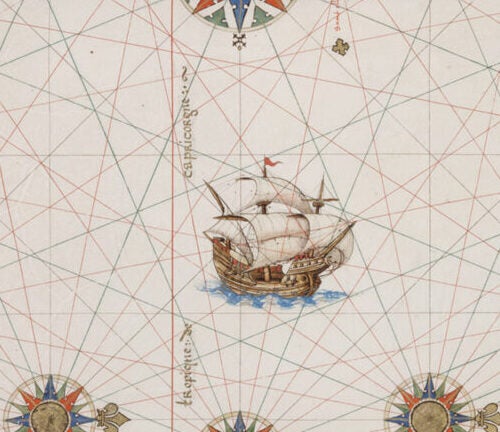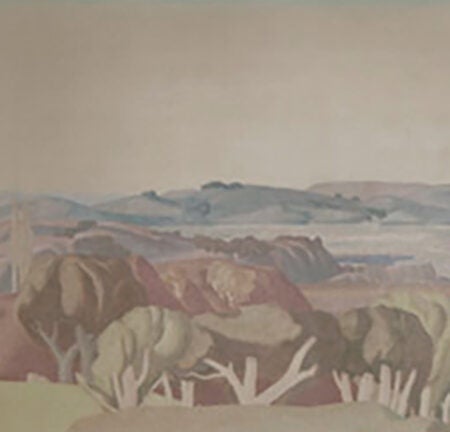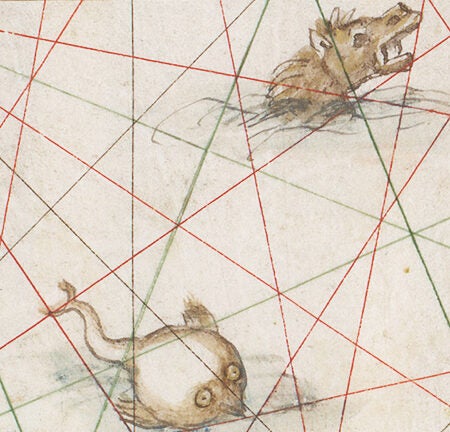Welcome to EMSI!
The USC-Huntington Early Modern Studies Institute (EMSI) explores the history, literature, art, and science of the Early Modern period (c. 1450-1850). The institute’s range is global – instead of focusing on a particular region, EMSI aims to advance knowledge of the diverse societies in and around the Atlantic and Pacific basins. Researchers nourish diverse perspectives, advance interdisciplinary perspectives, and share discoveries about the Early Modern period with the goal of informing the ways we approach problems today as well as keeping us in touch with the sources of our common humanity.
Check out the 2025- 2026 EMSI Seminar Series.
See the full calendar of EMSI events.
Participate: Apply now!
“New and Emerging Studies of the Spanish Colonial Borderlands”
Seminar Co-leaders:
Alejandra Dubcovsky (UCR)
Steven Hackel (UCR)
Proposal deadline: December 5, 2025.
View the full CFP for more details.
“American Revolution International”
Organizing committee:
Nathan Perl-Rosenthal (USC)
Christopher L. Brown (Columbia)
Brian DeLay (UC Berkeley)
Elizabeth Ellis (Princeton)
Sarah Pearsall (Johns Hopkins)
Expressions of interest due by January 10, 2026.
View the full CFP for more details.
Ph.D. and Faculty Fellowships
The USC-Huntington Early Modern Studies Institute offers fellowships competitions for USC faculty and graduate students whose research focuses on the period from c. 1450 to c. 1850.
Application deadline: January 30, 2026.
View fellowship and application details.
Recent Events

Sign up for our newsletter!
Find out about upcoming talks, conferences, and other EMSI events.
Image: Detail from “Vallard Atlas,” (1547) HM 29 f.1, chart 9, North America, east coast. Portolan atlas. Courtesy of the Huntington Library.























